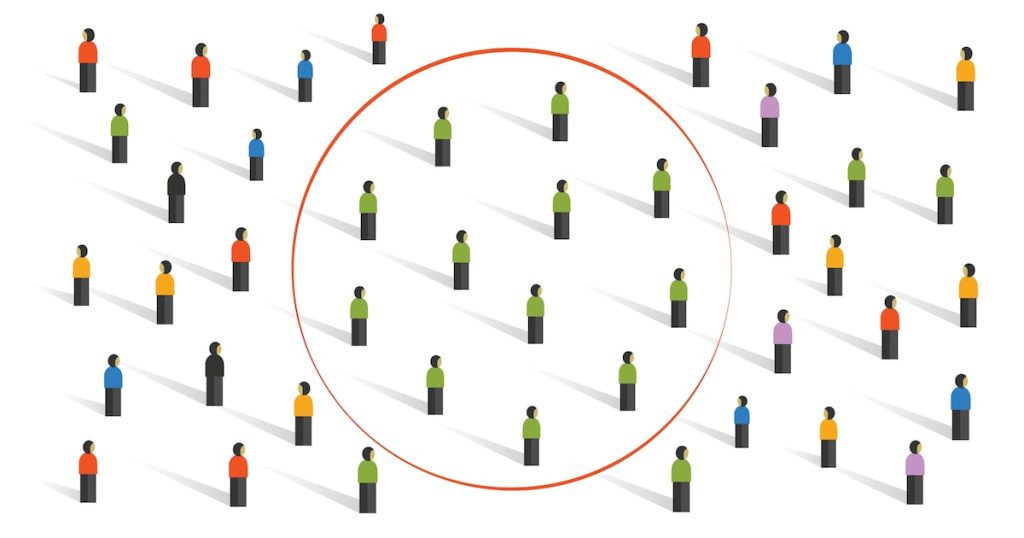Listen to the article
Public Trust in Media Hits Historic Low as Calls for Objective Reporting Grow
Public confidence in American news media has plummeted to an all-time low, raising serious concerns about the sustainability of informed democratic discourse. According to Gallup’s latest poll released this October, only 28% of Americans now have “a great deal or a fair amount of trust” in news reporting—a stark contrast to the 1970s when trust levels frequently exceeded 70%.
This decline represents more than just a crisis for media organizations; it poses fundamental questions about American democracy itself. How can a democratic republic function without a well-informed public? And how can citizens become well-informed if they fundamentally distrust the institutions responsible for delivering news?
The erosion of trust isn’t happening in a vacuum. A comprehensive 2020 study by Gallup and the Knight Foundation, which interviewed 20,000 Americans, found that 46% of respondents perceive “a great deal of political bias” in news coverage, while another 37% see “a fair amount.” Nearly 70% identified media bias as a major problem in contemporary journalism.
The United States ranks particularly poorly in global comparisons. In 2021, the Reuters Institute for the Study of Journalism at Oxford University conducted 92,000 interviews across 46 countries, asking respondents if they trusted their national news media. Finland topped the list at 65%, while the United States ranked dead last at just 29%.
“To borrow a famous Texas phrase, ‘Houston, we’ve got a problem.’ But it’s not just Houston; it’s all of America,” notes industry observer Walter Hussman Jr., former publisher of the Arkansas Democrat-Gazette and current chairman of the Center for Integrity in News Reporting.
Contrary to some industry assumptions, research suggests most news consumers still desire objective reporting. When Reuters polled 80,000 people across 40 countries in 2020, a solid majority—60% of respondents—expressed preference for news from organizations with “no particular point of view,” rather than outlets that either confirmed or challenged their existing beliefs.
However, the concept of objectivity itself has become contentious within journalism circles. A 2023 report from Arizona State University’s Cronkite School of Journalism revealed many editors questioning objectivity as a professional standard. Neil Barsky, founder of The Marshall Project, argued that “the journalist’s job is truth, not objectivity,” while Stephen Engelberg of ProPublica claimed “objectivity is not even possible. I don’t even know what it means.”
This philosophical divide between what audiences want and what some industry leaders believe highlights a growing disconnect that may be contributing to declining trust.
The current crisis has historical parallels. In the late 19th century, American newspapers commonly aligned themselves with political parties—a practice still visible in names like the Tallahassee Democrat and Springfield’s The Republican. The landscape changed when Adolph Ochs acquired The New York Times and introduced a revolutionary editorial philosophy: to deliver news “impartially, without fear or favor.”
That 130-year-old principle could provide the roadmap for rebuilding trust today. With misinformation proliferating across digital platforms, traditional media’s return to core journalistic values of impartiality and fact-based reporting may not only ensure their institutional survival but preserve the informed citizenry essential to democratic governance.
“We need the traditional news media to go back to its traditional values, not just for the sake of their survival, but for the future of our democratic republic,” Hussman emphasizes.
As polarization deepens and information ecosystems fragment, the question remains whether media organizations can—or will—recommit to objective reporting standards that might help rebuild the public trust essential to their civic mission.
Verify This Yourself
Use these professional tools to fact-check and investigate claims independently
Reverse Image Search
Check if this image has been used elsewhere or in different contexts
Ask Our AI About This Claim
Get instant answers with web-powered AI analysis
Related Fact-Checks
See what other fact-checkers have said about similar claims
Want More Verification Tools?
Access our full suite of professional disinformation monitoring and investigation tools



